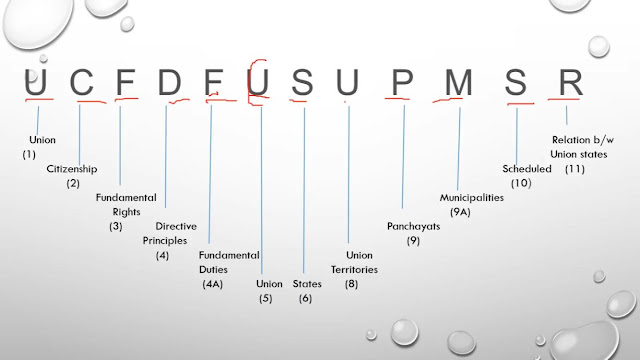DEFAMATION
*Defamation* *as* *an* *Offence*
*-----------------------------------------*
There are certain basic requirements for a successful defamation suit:
*First,*
The presence of defamatory content is required. Defamatory content is defined as one calculated to injure the reputation of another by exposing him to hatred, contempt or ridicule. However, the test for such content is the ordinary man test where meaning of the content is considered to be what a common, ordinary man will comprehend it to be.
*Second,*
The claimant should be identified in the defamatory statement. The content must be clearly addressing a particular person or a very small group for it to be defamation. General statements like “All lawyers are thieves or all politicians are corrupt” are too broad a classification and hence no particular lawyer or politician can consider it to be personally attributed to them. Therefore, such statements are not defamation.
*Third,*
There must be a publication of the defamatory statement in either oral or written form. Unless the content is published – made available to someone other than the claimant, there can no defamation. Under a civil suit, once all these conditions are satisfied, a defamation suit subsists, and the defendant has to plead a privilege or take up a defense. If the defendant fails to do so satisfactorily, the defamation suit is successful. Under a criminal suit, intention to defame is an important element. In the absence of intention, the knowledge that the publication was likely to defame or is defamatory becomes essential. All this is further subject to the normal standard of proof in criminal cases, beyond reasonable doubt.
*Some* *Common* *Defenses* *to* *Defamation*
*Truth*
As a general rule, it is not defamation to impute anything, which is true, concerning any person. In India, truth is an absolute defense in Civil Cases however; in Criminal cases, the true statement must also be an imputation for public good. Therefore, irrespective of the intentional of an individual, no defamation suit can be brought against someone if he imputes something true (and for public good under section 499, IPC).
*Privilege*
Individual may be protected from claims of defamation under tort or even criminal defamation by a privilege conferred on them by law. Absolute privilege irrespective of intention to defame is conferred upon Government officials, Judges and other such public officials in discharge of their public functions by the law. Journalists are however given Qualified privilege, valid only if made without the intention to defame. Exception 10 under section 499 IPC further expands on this and allows exception for good faith imputation to caution other or the public.
*Fair* *Comment*
In case of defamatory opinions, the exception of fair comment is allowed. The publication has to be clearly expressed as an opinion and should not mixed up with facts. Also, the opinion should be one that a fair-minded person is capable of holding such opinion even if the reasoning is illogical. These are the broad categories of defense under Defamation. There is a lot of other categories which are generally offshoots of these broader ones.

Comments
Post a Comment